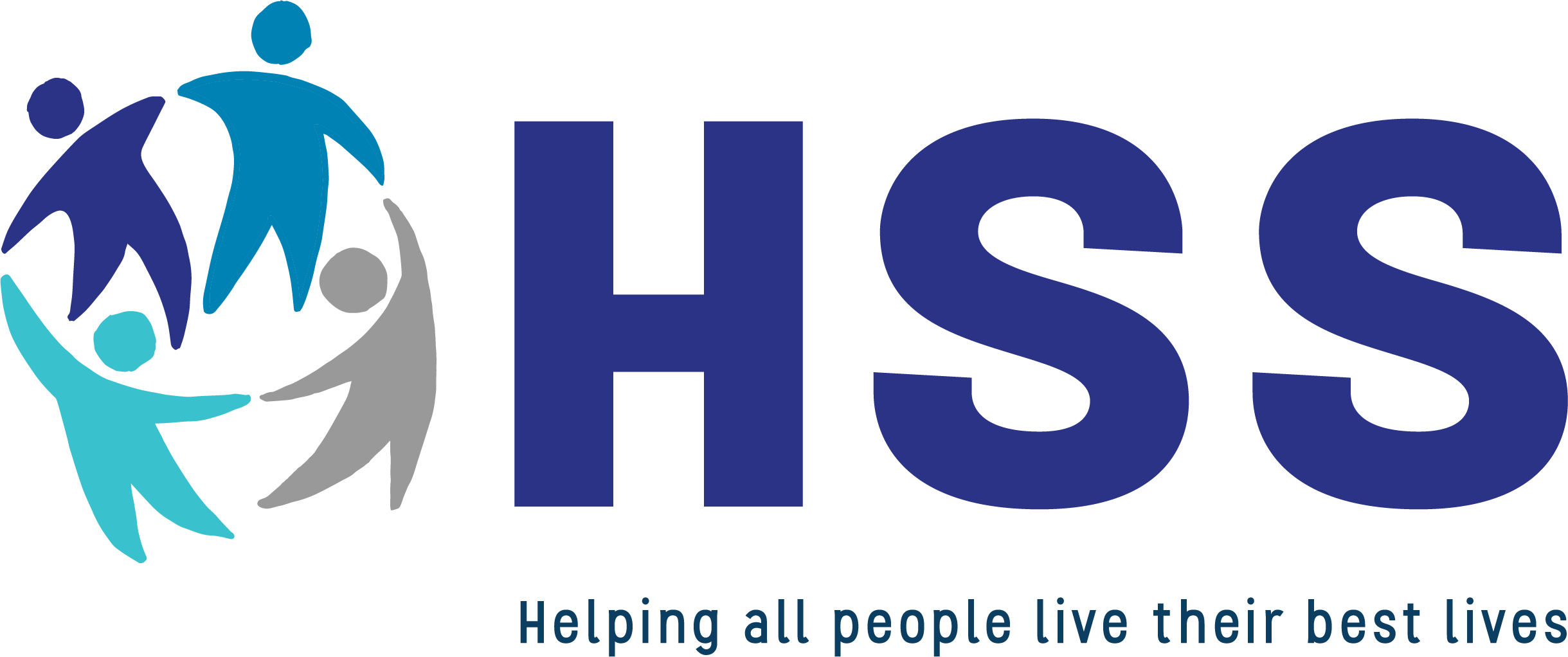STATE BUDGET CRISIS IN ILLINOIS
Many of our HSS friends have asked how we are coping with the state budget crisis in Illinois. This is a vitally important issue for our agency since 70% of our funds come from state sources. At this point we have reached the end our FY2015 funding. Throughout the month of July HSS had continued to receive payments from the State of Illinois because we had not been paid for all of our Fiscal Year 2015 services. Now, with the start of August, our accounts receivable for FY2015 services has basically been paid down completely and any new payments to HSS will have to be for FY2016 services. As long as the state fails to adopt a FY2016, however, this will not happen. Most if not all of the services we provide will sit and wait for an approved budget in order to be paid. The only good news is that we prepared for this to happen. We have saved cash and converted savings into accessible investments so we should be able to carry on for several more months. The bad news is that there are some risks with doing business as usual in the hopes that it will all work out in the end. One risk, of course, is whether the state will eventually make good on any services provided in the period after July 1st but before a budget is adopted. We believe that services provided in this interim period will eventually be paid but we are dealing with politicians so you never know. The other risk is that along with a new budget, there could be programs that are cut or eliminated from state funding. The Governor’s office has already suggested cuts or elimination to four grants that HSS receives. The total impact could be as much as $175,000. Solving the state’s budget impasse will ultimately require negotiation and cuts that are on the table now could be reversed, sustained or made worse; we just have no way of predicting. In the meantime we are continuing our programs without change. As the budget stalemate continues we will have to revisit our decisions based on our financial resources. As you might imagine, agencies receiving state funding that lacked ample financial reserves are already being forced to close down programs. Notably in this community we have heard that Western Egyptian is closing the senior centers and their nutrition programs. This means no Meals on Wheels or noon lunch programs. A community behavioral health agency in E. St. Louis has lain off their outpatient counseling staff. An agency in Cairo has moved their full time staff to 23 hours per week. This list will grow each week that the budget impasse continues. Below you will find a listing of our elected officials. Sending emails, calling and writing letters will help to build pressure to negotiate in earnest and adopt a budget. If you are a union member, mention that. Mention that the clients we serve, such as in our Bradford site or our Waterloo, Main and Hecker sites, need 24-hour care. Their welfare and the welfare of thousands of other disabled persons across the state is at risk as agencies reach the end of their financial rope. Here is the contact information on elected officials: Rep Jerry Costello 618.282.7284 Jerry Costello II, D-116: staterepcostello@gmail.com Senator David Luechtefeld 618.243.9014 David Luechtefeld, R-58: sendavel@midwest.net Governor Rauner 271.782.0244 or 312.814.2121

